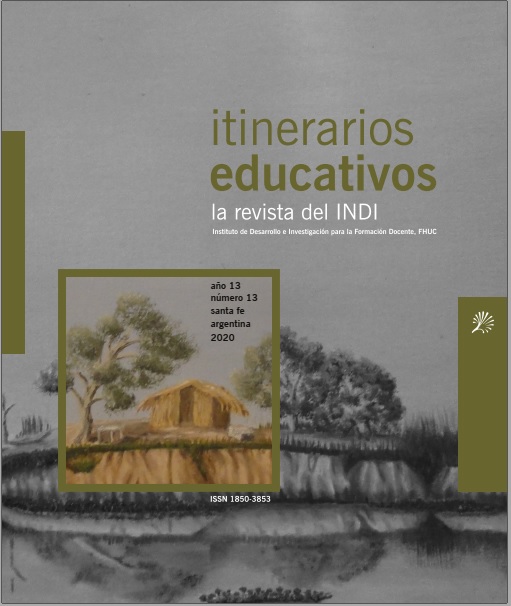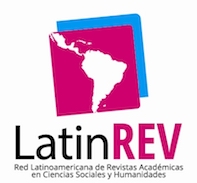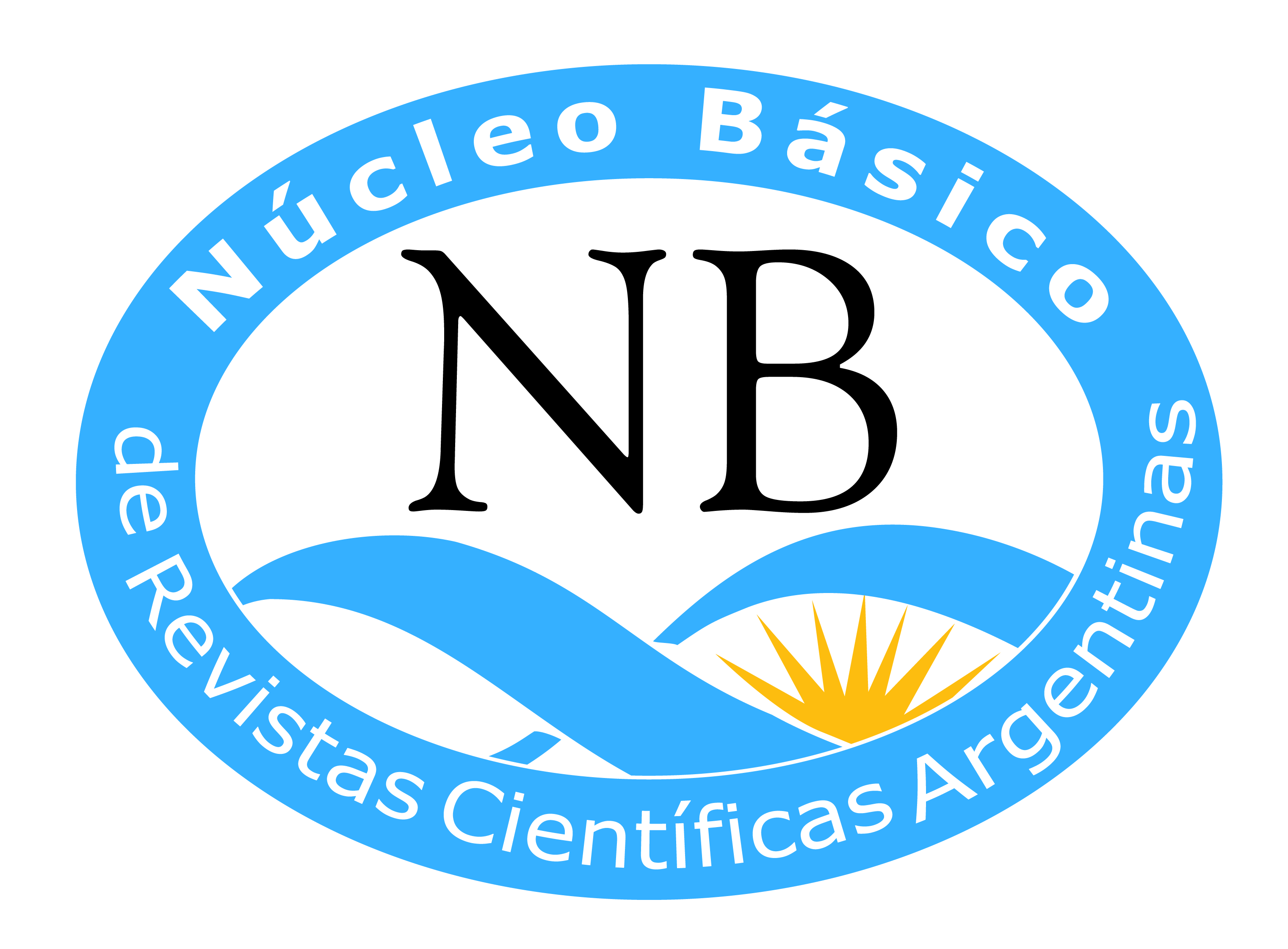Private School in Entre Ríos: Analyzing Families’ Reasons for Choosing Secondary Schools for their Children
DOI:
https://doi.org/10.14409/ie.v0i13.9878Keywords:
private schools, reasons, family strategies, secondary level, differentiated educationAbstract
This article analyzes the reasons why families choose to send their children to public secondary schools that are managed by privates. The study
focused on the city of Paraná, capital of the province of
Entre Ríos, Argentina. This issue has gained relevance
for constituting a problem that has been always present
throughout the history of Argentine educational system.
Reality shows that, at least, an important number of
Argentine provinces are characterized by an exodus
of middle-class sectors to the private offer, this being
in no way an exclusive feature noticed for secondary
schools but also for other levels of the education system.
As regards the applied methodology, the analysis was
based on a set of semi-structured interviews held with
parents of children attending private schools. To this
end, four private schools in the city that were considered
representative at a theoretical level and defined by their
uniqueness and idiosyncratic character were selected by
means of an intentional sampling. Results indicated that
private schools offer differentiated education, which is
regarded by families as an appropriate strategy to plan
their children’s future. Different reasons such as family
tradition, discipline, social support, secularism, and
the institution size constitute the roots of this choice.
Downloads
Published
How to Cite
Issue
Section
License
Those authors who have publications with this magazine, accept the following terms:
The authors will retain their copyright and guarantee the journal the right of first publication of their work,
which will be simultaneously subject to the Creative Commons Recognition License that allows third parties to share
the work whenever its author and first publication this magazine.
Authors may adopt other non-exclusive licensing agreements for the distribution of the published work (eg, deposit
it in an institutional telematic file or publish it in a monographic volume) whenever the initial publication in this
journal is indicated.
Authors are allowed and advised to disseminate their work through the Internet (eg, in institutional telematic files
or on their website) before and during the submission process, which can produce interesting exchanges and increase
citations of the published work. (See The effect of open access).
















